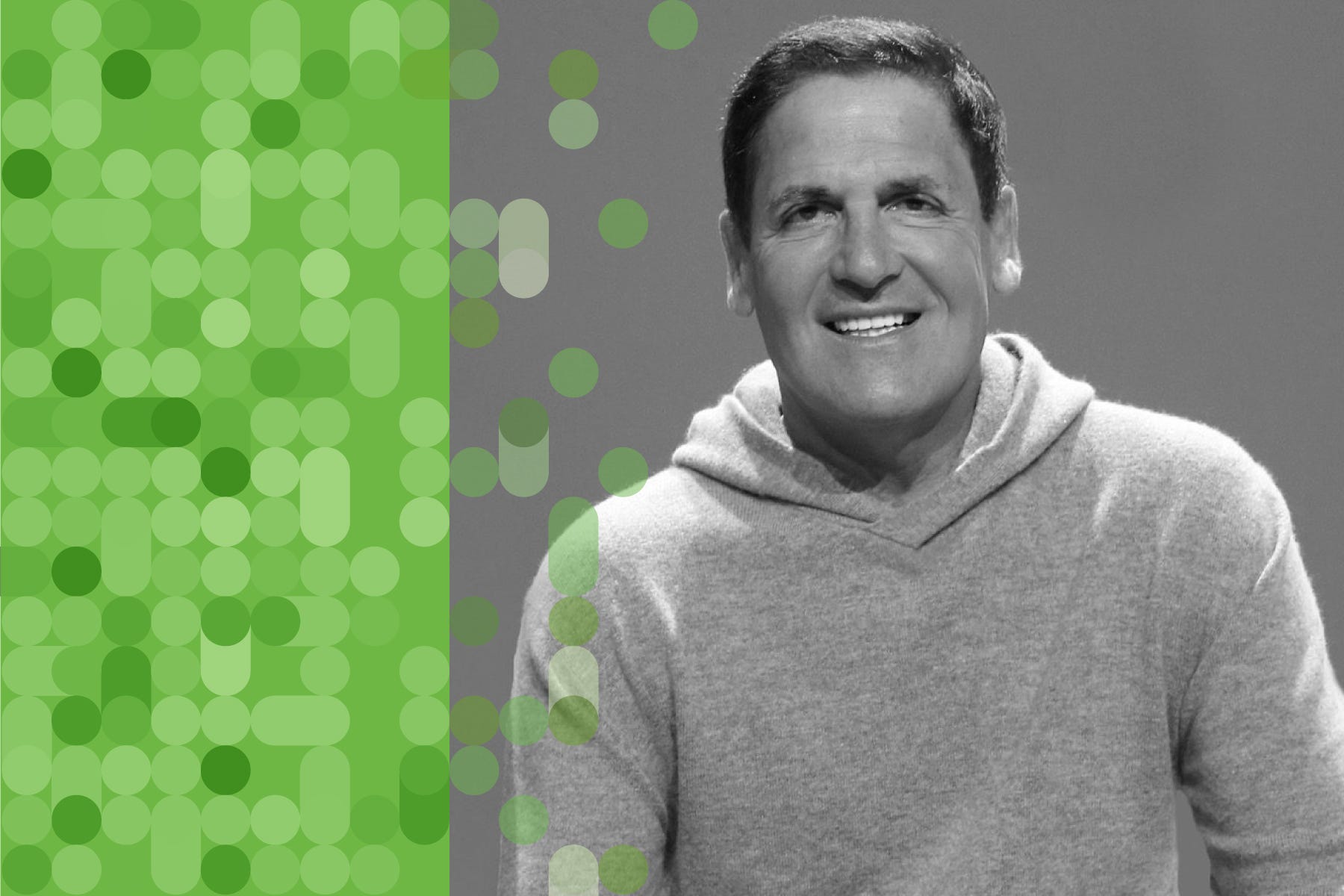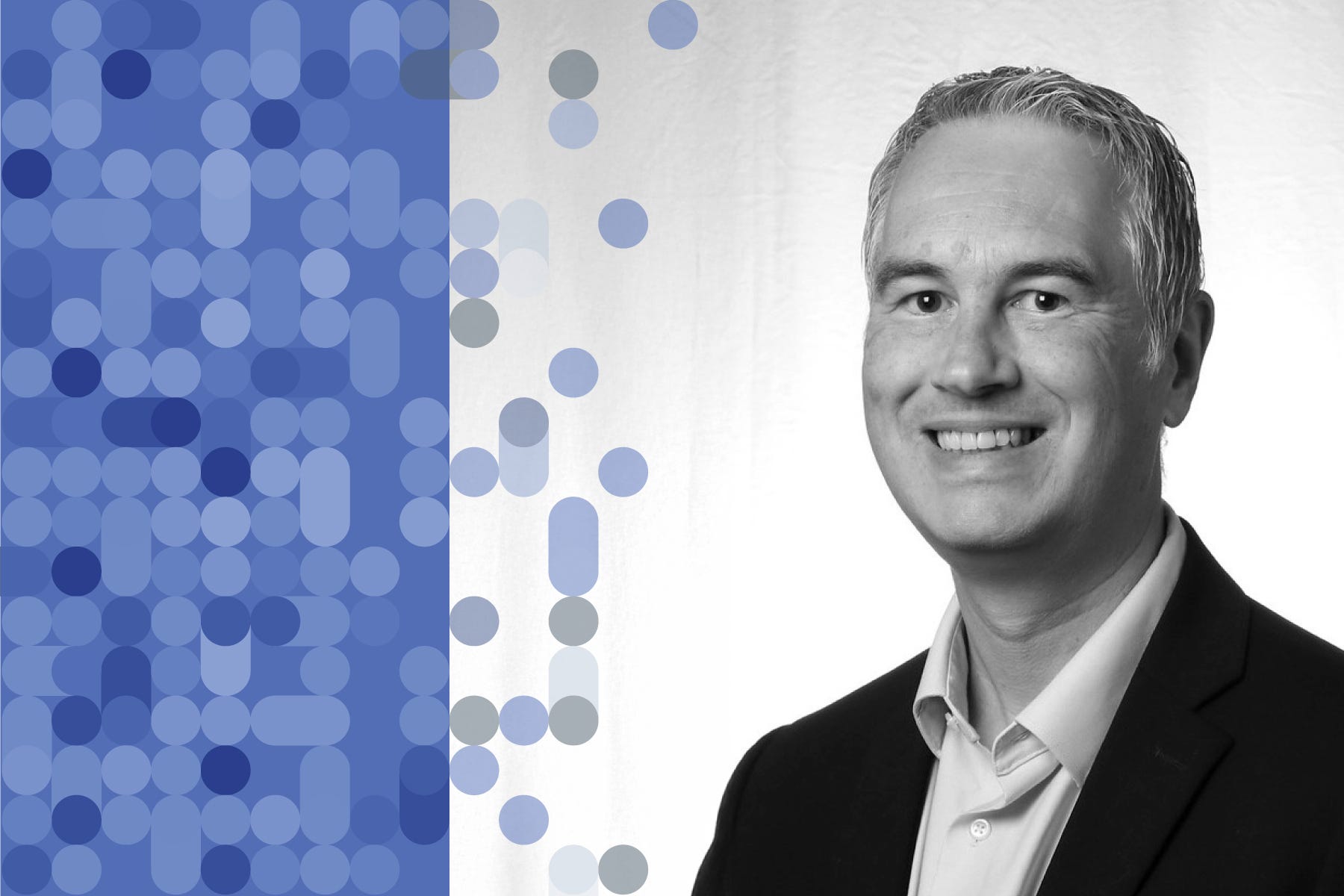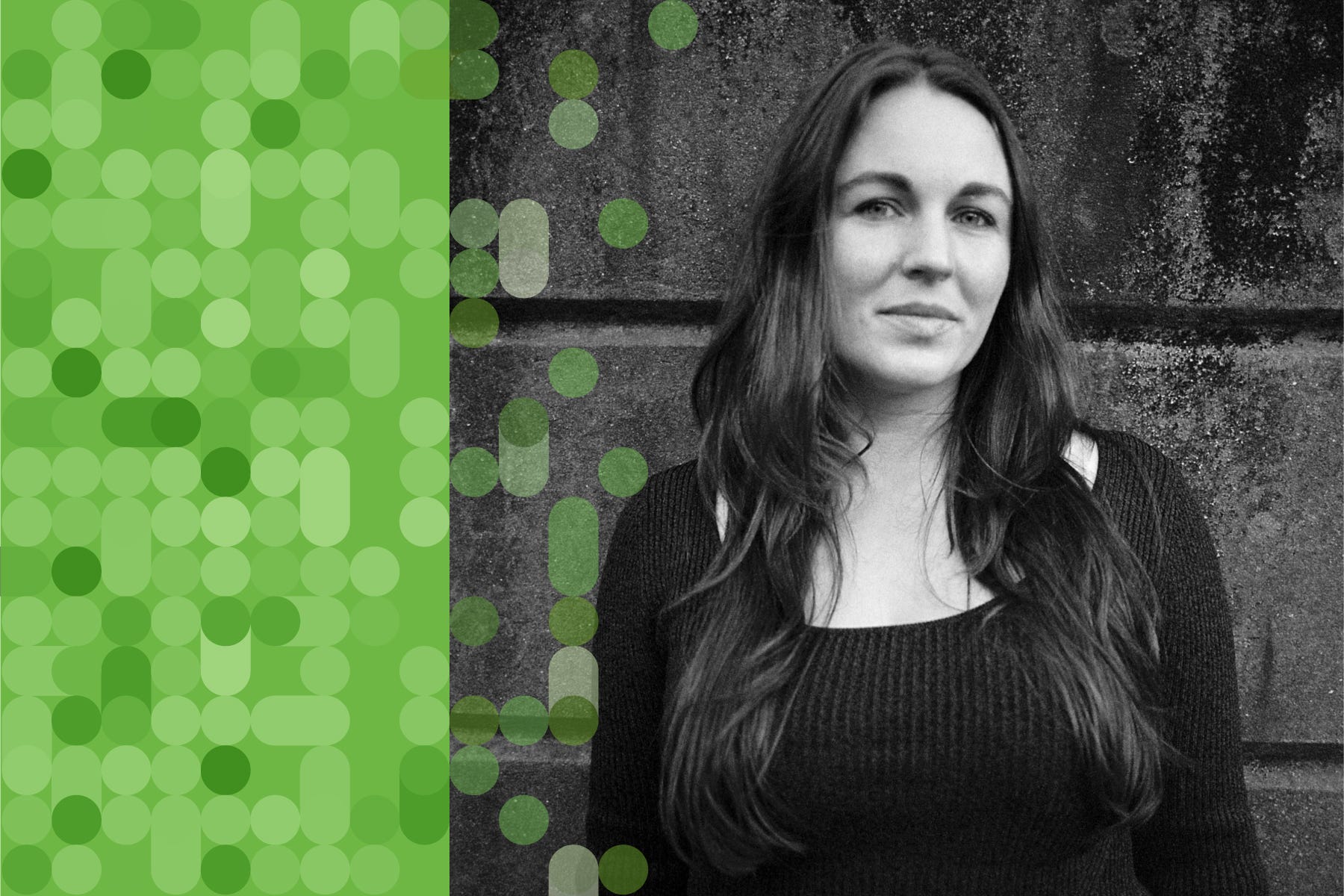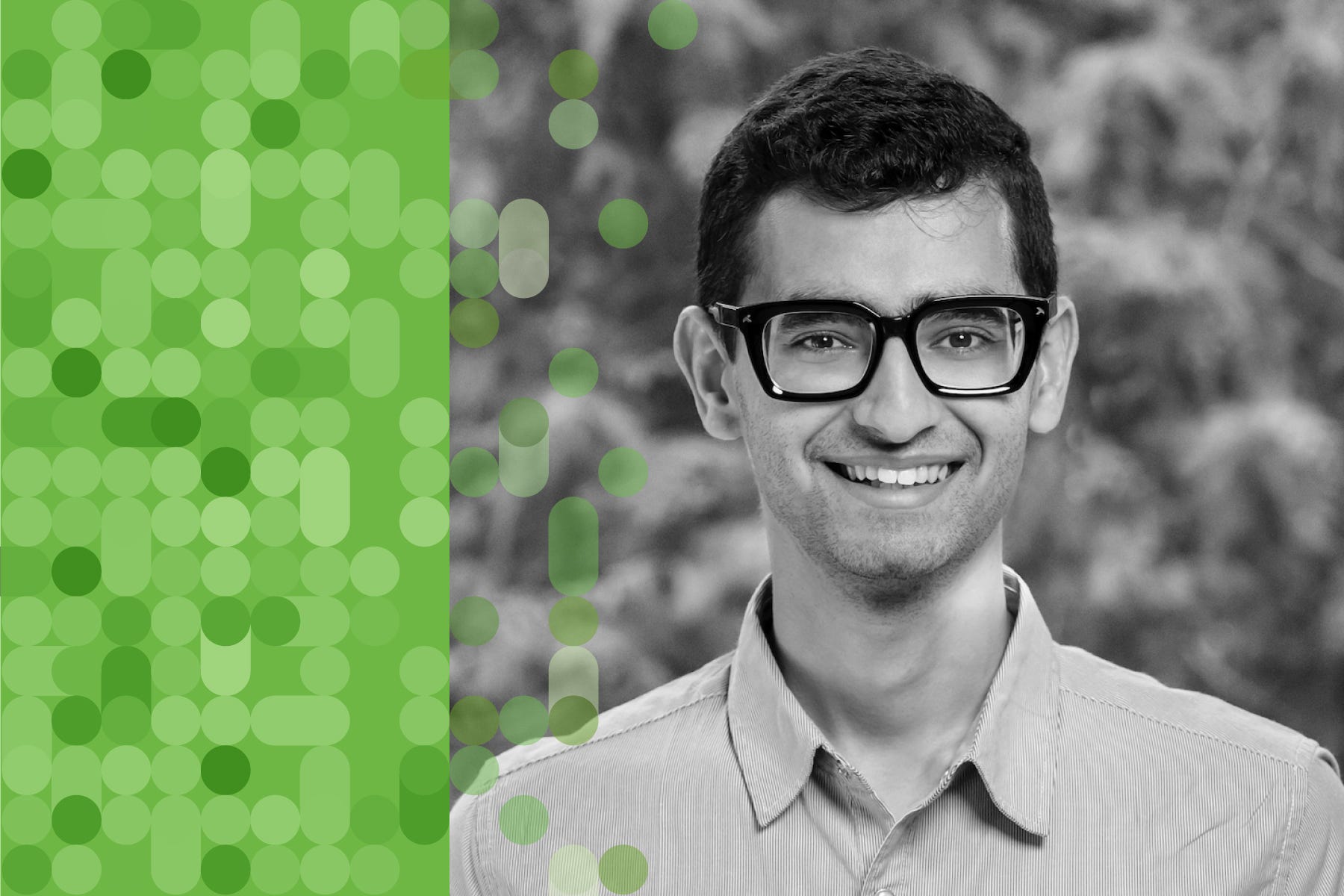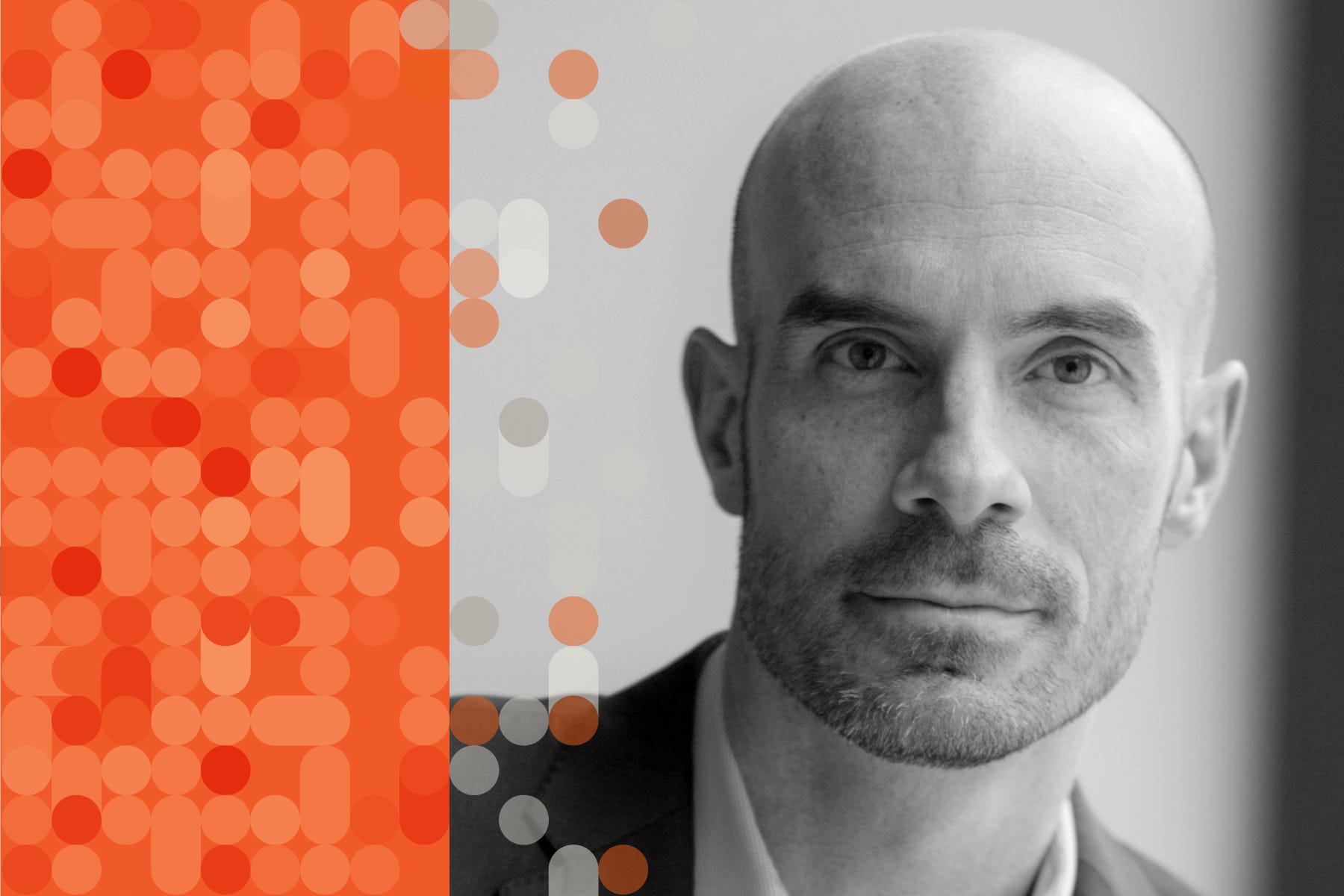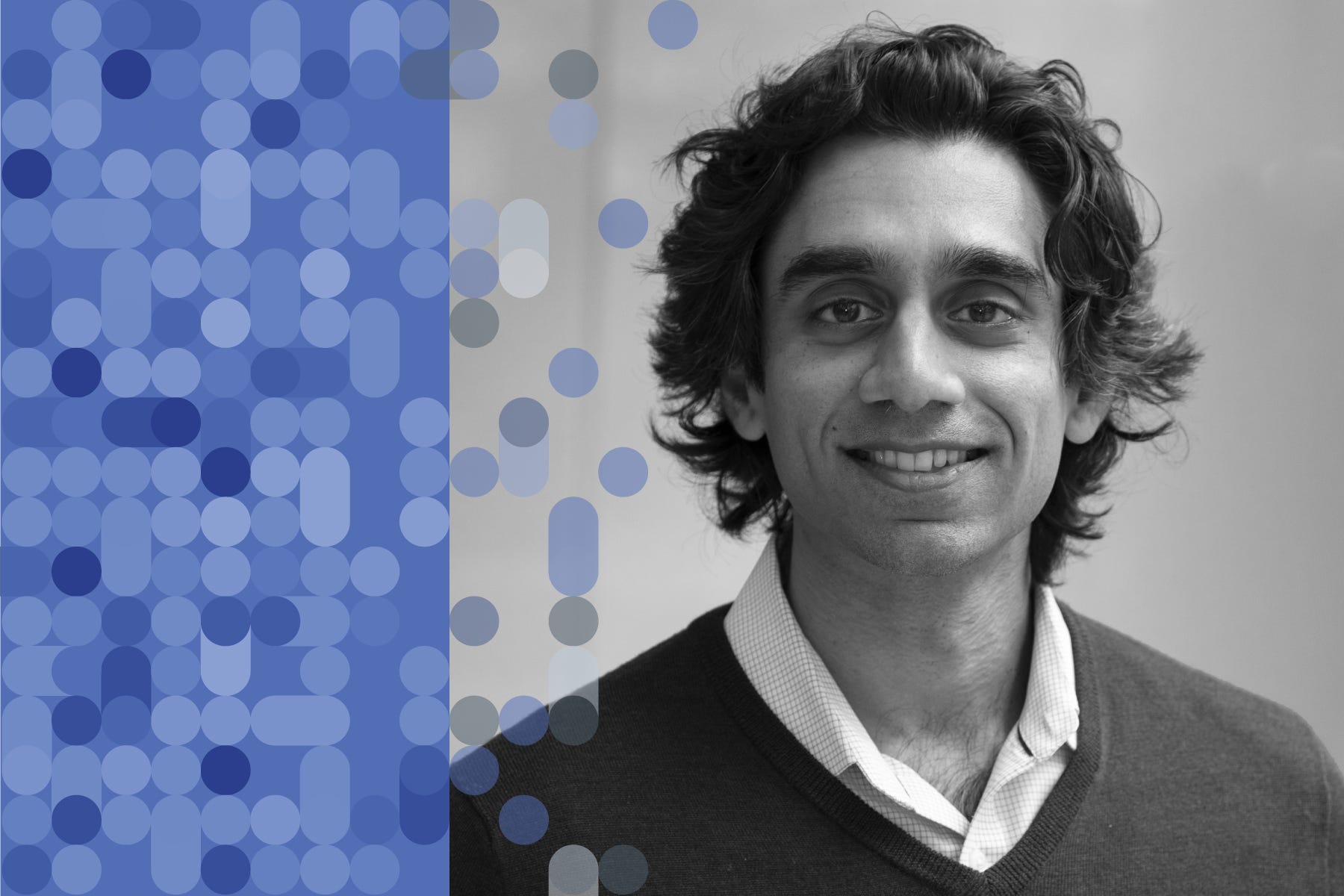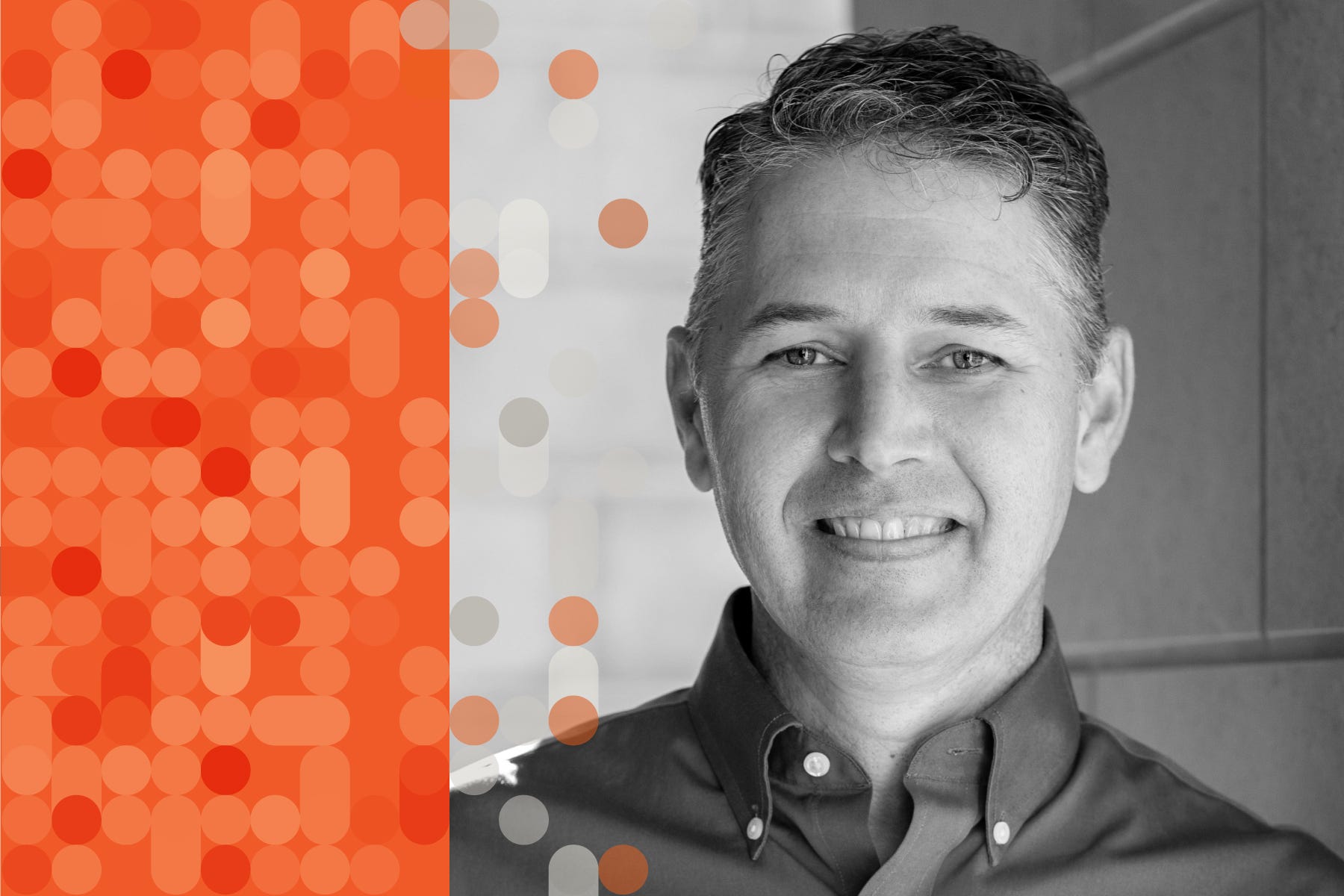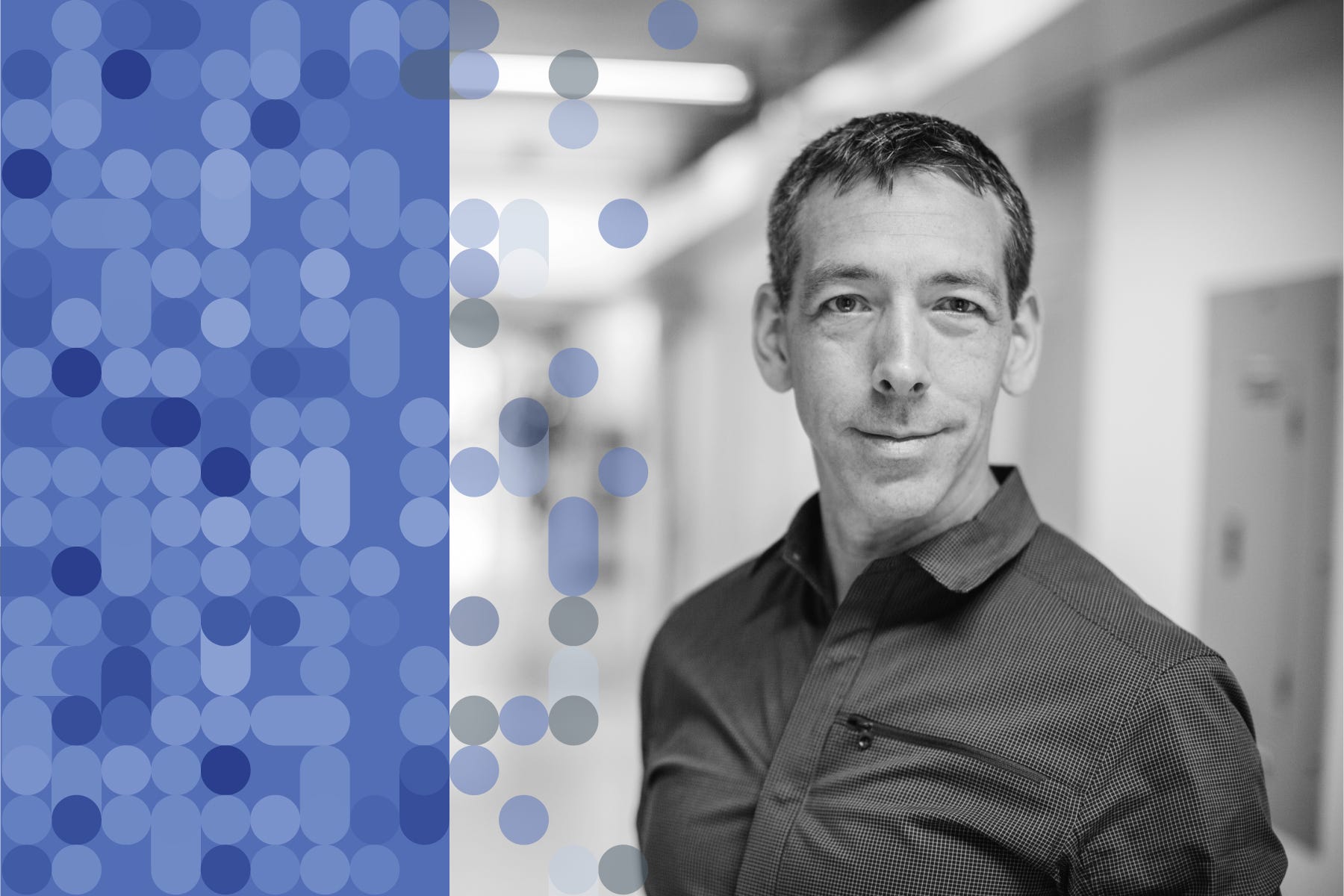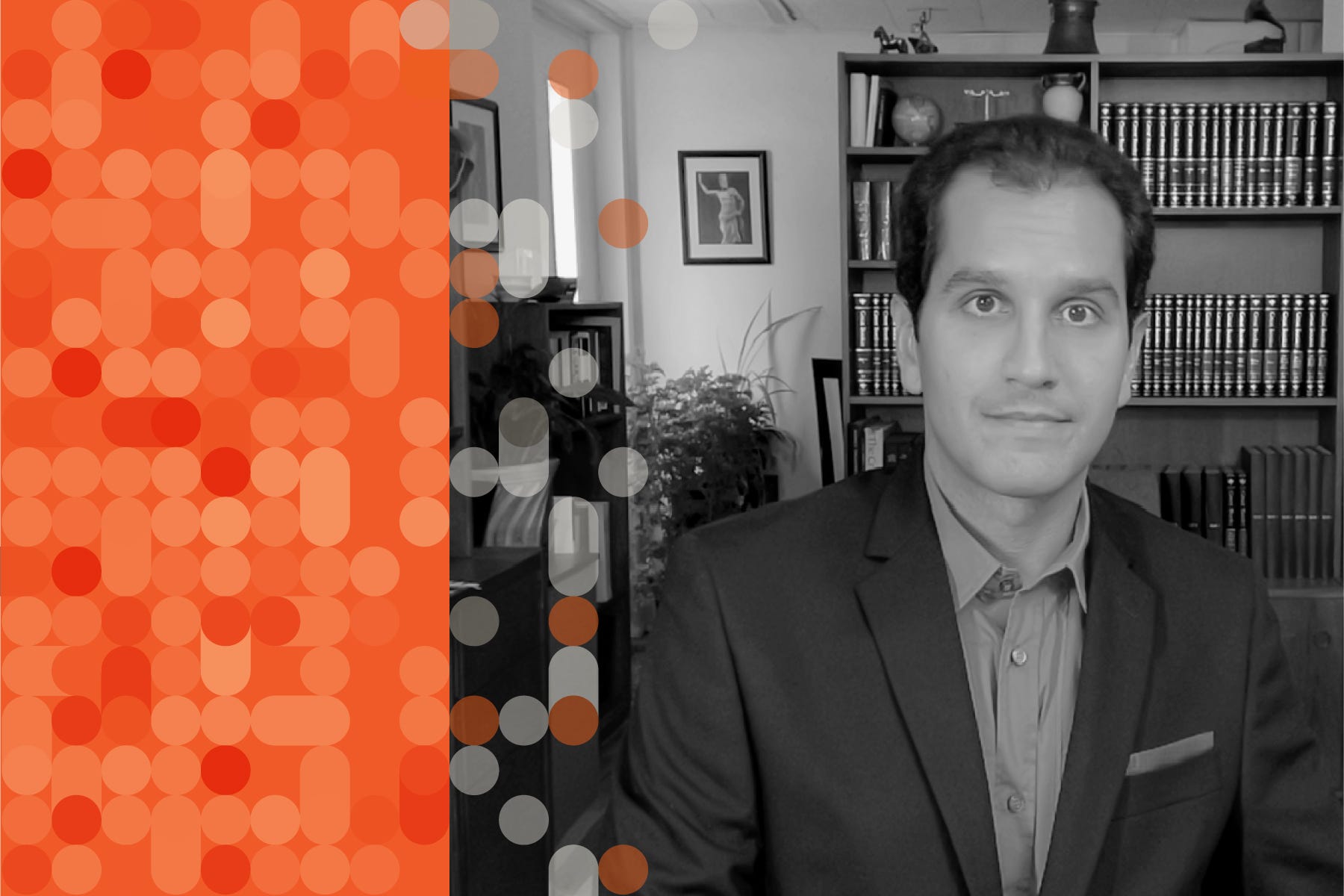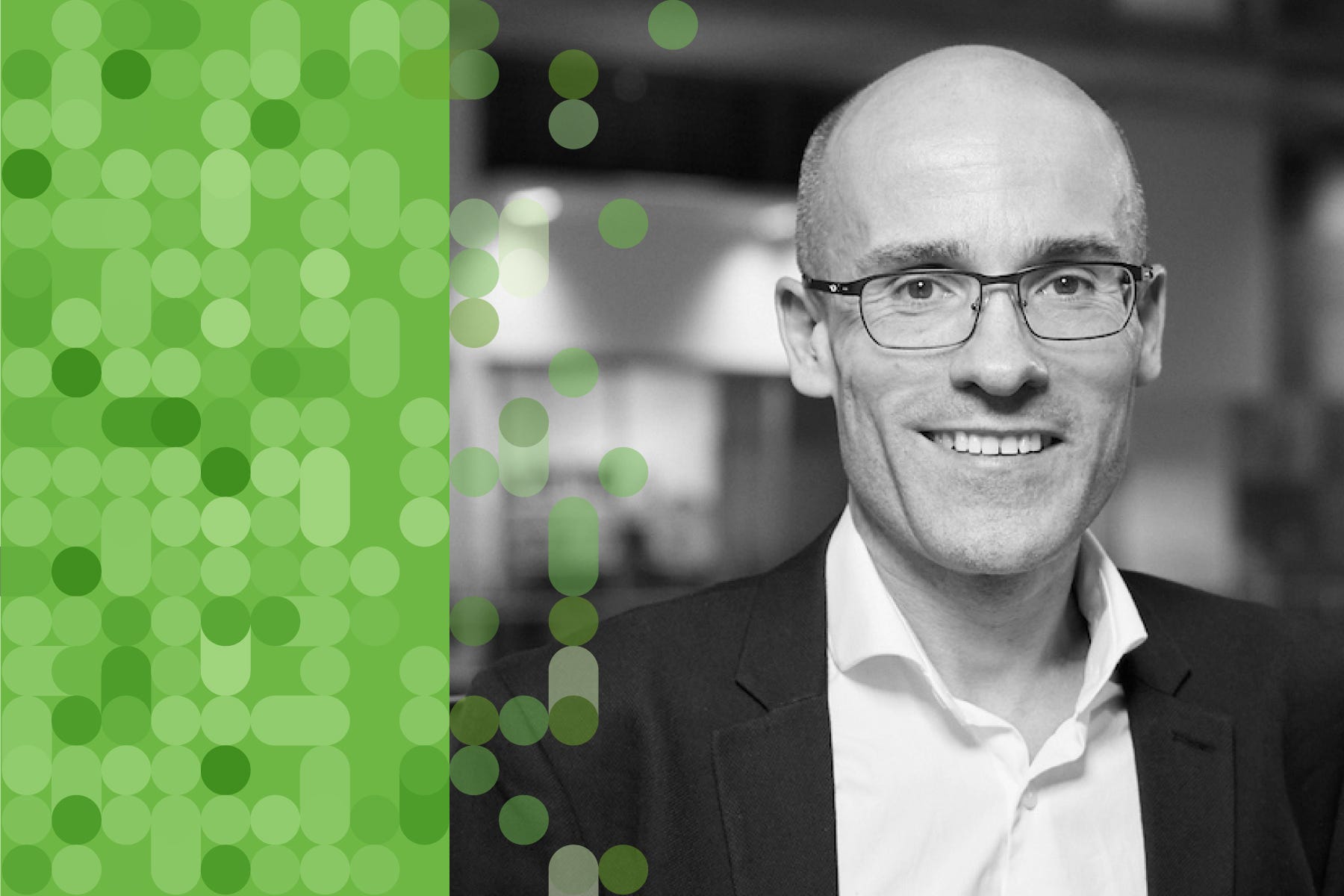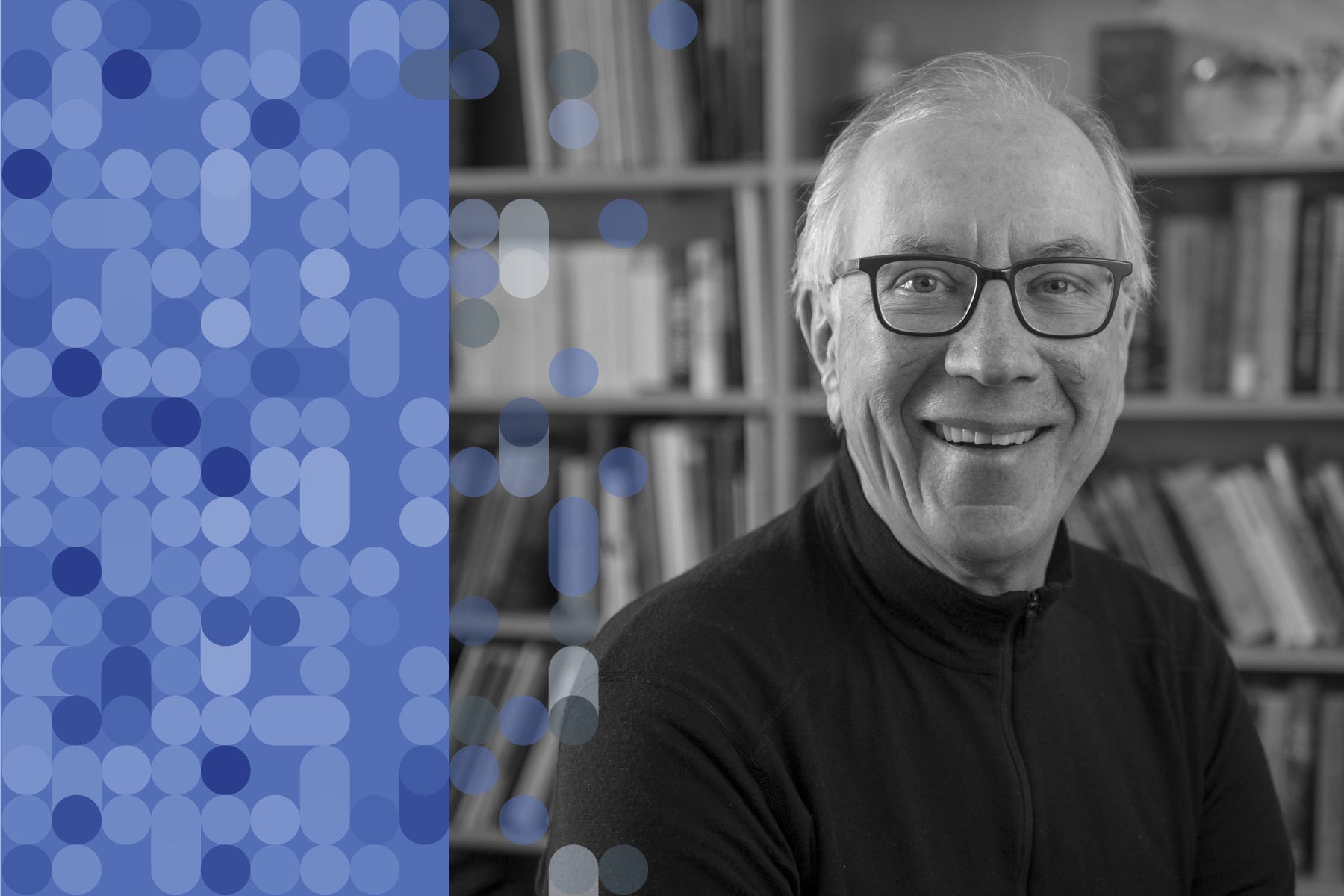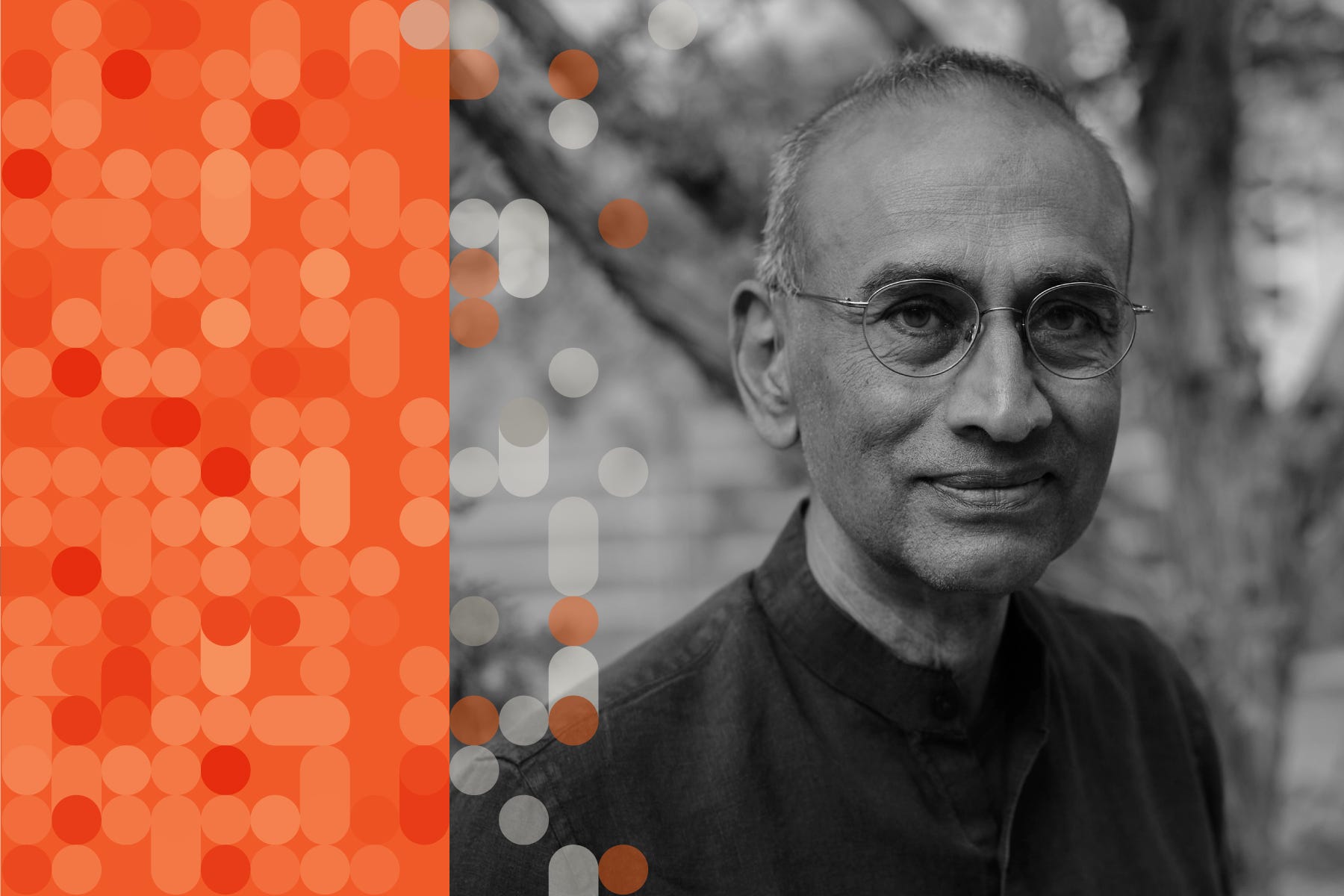Kate Crawford: A Leading Scholar and Conscience for A.I.
Description
“We haven't invested this much money into an infrastructure like this really until you go back to the pyramids”—Kate Crawford
Transcript with links to audio and external links. Ground Truths podcasts are on Apple and Spotify. The video interviews are on YouTube
Eric Topol (00:06 ):
Well, hello, this is Eric Topol with Ground Truths, and I'm really delighted today to welcome Kate Crawford, who we're very lucky to have as an Australian here in the United States. And she's multidimensional, as I've learned, not just a scholar of AI, all the dimensions of AI, but also an artist, a musician. We're going to get into all this today, so welcome Kate.
Kate Crawford (00:31 ):
Thank you so much, Eric. It's a pleasure to be here.
Eric Topol (00:34 ):
Well, I knew of your work coming out of the University of Southern California (USC) as a professor there and at Microsoft Research, and I'm only now learning about all these other things that you've been up to including being recognized in TIME 2023 as one of 100 most influential people in AI and it's really fascinating to see all the things that you've been doing. But I guess I'd start off with one of your recent publications in Nature. It was a world view, and it was about generative AI is guzzling water and energy. And in that you wrote about how these large AI systems, which are getting larger seemingly every day are needing as much energy as entire nations and the water consumption is rampant. So maybe we can just start off with that. You wrote a really compelling piece expressing concerns, and obviously this is not just the beginning of all the different aspects you've been tackling with AI.
Exponential Growth, Exponential Concerns
Kate Crawford (01:39 ):
Well, we're in a really interesting moment. What I've done as a researcher in this space for a very long time now is really introduce a material analysis of artificial intelligence. So we are often told that AI is a very immaterial technology. It's algorithms in the cloud, it's objective mathematics, but in actual fact, it comes with an enormous material infrastructure. And this is something that I took five years to research for my last book, Atlas of AI. It meant going to the mines where lithium and cobalt are being extracted. It meant going into the Amazon fulfillment warehouses to see how humans collaborate with robotic and AI systems. And it also meant looking at the large-scale labs where training data is being gathered and then labeled by crowd workers. And for me, this really changed my thinking. It meant that going from being a professor for 15 years focusing on AI from a very traditional perspective where we write papers, we're sitting in our offices behind desks, that I really had to go and do these journeys, these field trips, to understand that full extractive infrastructure that is needed to run AI at a planetary scale.
(02:58 ):
So I've been keeping a very close eye on what would change with generative AI and what we've seen particularly in the last two years has been an extraordinary expansion of the three core elements that I really write about in Atlas, so the extraction of data of non-renewable resources, and of course hidden labor. So what we've seen, particularly on the resources side, is a gigantic spike both in terms of energy and water and that's often the story that we don't hear. We're not aware that when we're told about the fact that there gigantic hundred billion computers that are now being developed for the next stage of generative AI that has an enormous energy and water footprint. So I've been researching that along with many others who are now increasingly concerned about how we might think about AI more holistically.
Eric Topol (03:52 ):
Well, let's go back to your book, which is an extraordinary book, the AI Atlas and how you dissected not just the well power of politics and planetary costs, but that has won awards and it was a few years back, and I wonder so much has changed since then. I mean ChatGPT in late 2022 caught everybody off guard who wasn't into this knowing that this has been incubating for a number of years, and as you said, these base models are just extraordinary in every parameter you can think about, particularly the computing resource and consumption. So your concerns were of course registered then, have they gone to exponential growth now?
Kate Crawford (04:45 ):
I love the way you put that. I think you're right. I think my concerns have grown exponentially with the models. But I was like everybody else, even though I've been doing this for a long time and I had something of a heads up in terms of where we were moving with transformer models, I was also quite taken aback at the extraordinary uptake of ChatGPT back in November 2022 in fact, gosh, it still feels like yesterday it's been such an extraordinary timescale. But looking at that shift to a hundred million users in two months and then the sort of rapid competition that was emerging from the major tech companies that I think really took me by surprise, the degree to which everybody was jumping on the bandwagon, applying some form of large language model to everything and anything suddenly the hammer was being applied to every single nail.
(05:42 ):
And in all of that sound and fury and excitement, I think there will be some really useful applications of these tools. But I also think there's a risk that we apply it in spaces where it's really not well suited that we are not looking at the societal and political risks that come along with these approaches, particularly next token prediction as a way of generating knowledge. And then finally this bigger set of questions around what is it really costing the planet to build these infrastructures that are really gargantuan? I mean, as a species, we haven't invested this much money into an infrastructure like this really until you go back to the pyramids, you really got to go very far back to say that type of just gargantuan spending in terms of capital, in terms of labor, in terms of all of the things are required to really build these kinds of systems. So for me, that's the moment that we're in right now and perhaps here together in 2024, we can take a breath from that extraordinary 18 month period and hopefully be a little more reflective on what we're building and why and where will it be best used.
Propagation of Biases
Eric Topol (06:57 ):
Yeah. Well, there's so many aspects of this that I'd like to get into with you. I mean, one of course, you're as a keen observer and activist in this whole space, you've made I think a very clear point about how our culture is mirrored in our AI that is our biases, and people are of course very quick to blame AI per se, but it seems like it's a bigger problem than just that. Maybe you could comment about, obviously biases are a profound concern about propagation of them, and where do you see where the problem is and how it can be attacked?
Kate Crawford (07:43 ):
Well, it is an enormous problem, and it has been for many years. I was first really interested in this question in the era that was known as the big data era. So we can think about the mid-2000s, and I really started studying large scale uses of data in scientific applications, but also in what you call social scientific settings using things like social media to detect and predict opinion, movement, the way that people were assessing key issues. And time and time again, I


